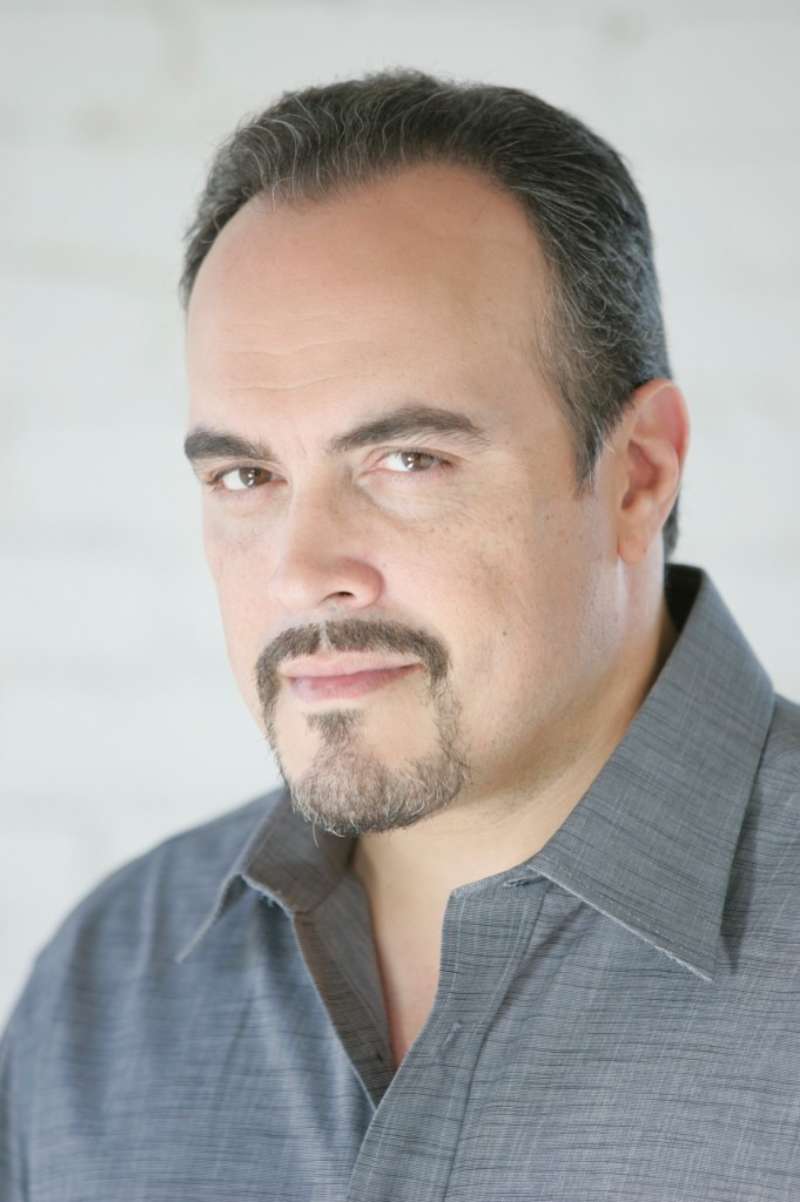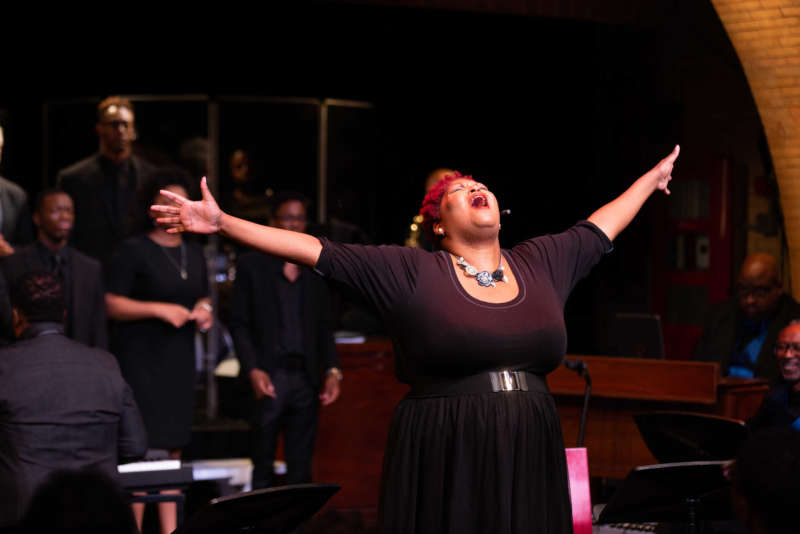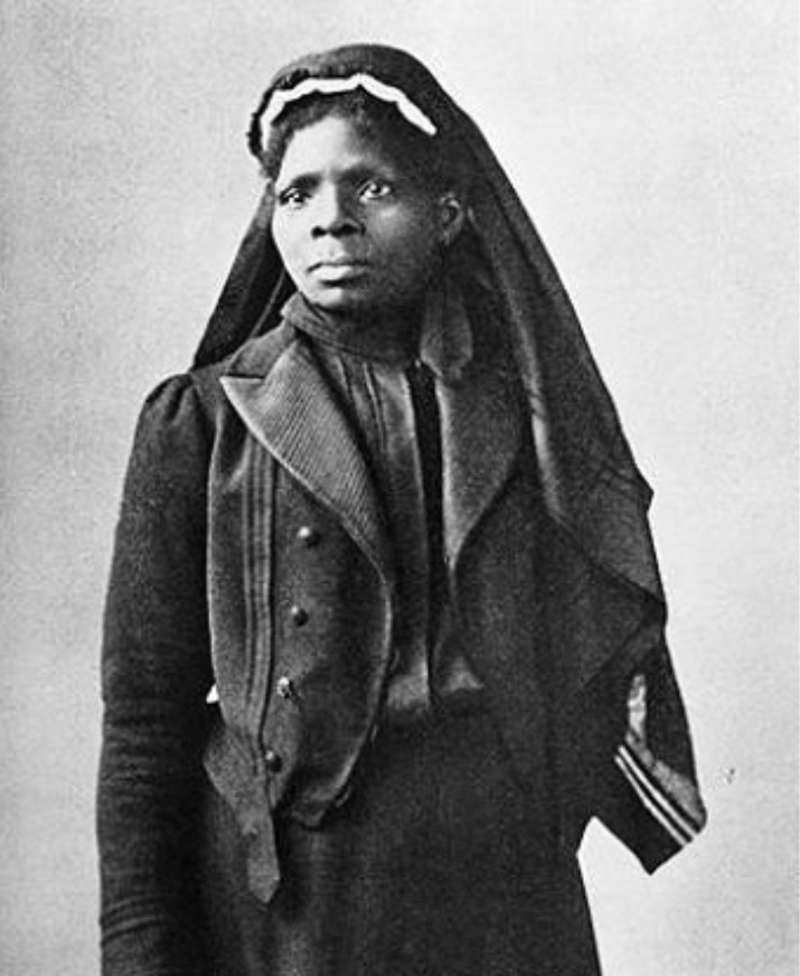Open to Public / Theater Company In Residence
The Suppliants Project at Andrew Freedman Home
Free Event
Fri, Dec 13.2019
The Suppliants Project tells the timeless story of fifty female refugees seeking asylum at a border from forced marriage and domestic violence. The play not only depicts the struggle of these women to cross into safety, but also the internal struggle within the city that ultimately receives them. Using a 2,500-year-old tragedy by Aeschylus as a catalyst for powerful gatherings and crucial conversations, The Suppliants Project engages diverse audiences in humanizing, constructive dialogue about the challenges of the current immigration crisis and its impact upon all that it touches.
Featuring a chorus of Garifuna singers, musicians, and performers from Belize, Honduras, and Guatemala
Translated and Directed by Bryan Doerries
James Lovell: Music Director and Garifuna Translation
Alex Kwabena Colon-Olaniyan: Spanish Translation and Drummer
Paula Castillo: Lead Vocalist
Dorina Castillo: Organizer and Performer
Teese Gohl: Music Consultant
About the play
-
The Suppliants by Aeschylus
In Aeschylus’ ancient play The Suppliants, fifty women who are fleeing forced marriages travel from Egypt to Argos in order to ask King Pelasgus for asylum. At first, Pelasgus refuses to help them, but the Argive people rally behind the women and convince their king to allow the refugees to remain under the city’s protection. When a large group of Egyptian men arrive in Argos, demanding their women back, King Pelasgus threatens them and summons his army to drive them away. The play ends with the women retreating to safety and finding asylum within the walls of Argos.
Cast Members
-

David Zayas
Explore Projects
-
 Pandemic & Climate CrisisPoetry for the Pandemic
Pandemic & Climate CrisisPoetry for the PandemicUsing poetry as a catalyst for an Intergenerational performance and discussion during the Covid-19 pandemic.
-
 Racialized Police ViolenceAntigone in Ferguson
Racialized Police ViolenceAntigone in FergusonAntigone in Ferguson is a groundbreaking project that fuses dramatic readings by acclaimed actors of Sophocles’ Antigone with live choral music performed by a diverse choir, including activists, youth, teachers, police officers, and concerned citizens from St. Louis, Missouri and New York City, culminating in powerful, healing discussions about racialized violence, police brutality, systemic oppression, gender-based violence, health inequality, and social justice. Antigone in Ferguson was conceived in the wake of Michael Brown’s death in 2014, through a collaboration between Theater of War Productions and community members from Ferguson, MO, and premiered at Normandy High School, Michael Brown’s alma mater, in September of 2016.
-
 Caregiving & DeathThe Susie King Taylor Project
Caregiving & DeathThe Susie King Taylor ProjectA dramatic reading of Susie King Taylor's memoir to help frame powerful, guided discussions about challenges faced by Nurses and Veterans.